Bangkok, a city known for its vibrant street markets, towering skyscrapers, and historic temples, has quietly cultivated another dimension of its cultural identity: graffiti art. Once viewed as mere vandalism, graffiti in Bangkok has evolved into a respected art form, decorating the city’s urban landscape with color, creativity, and social commentary. Today, Bangkok’s graffiti scene is not just growing—it is thriving, becoming a symbol of its artistic and cultural evolution.
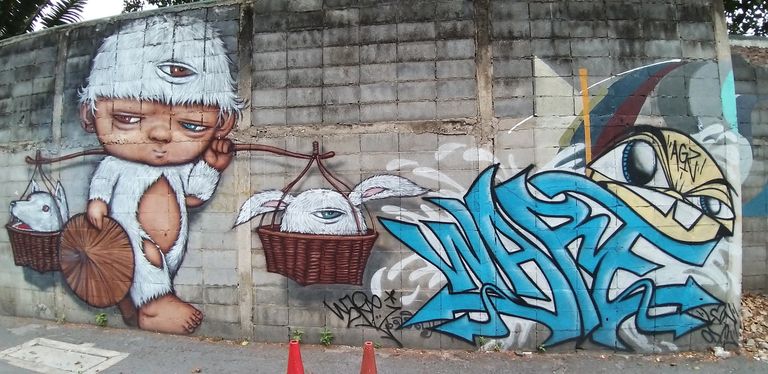
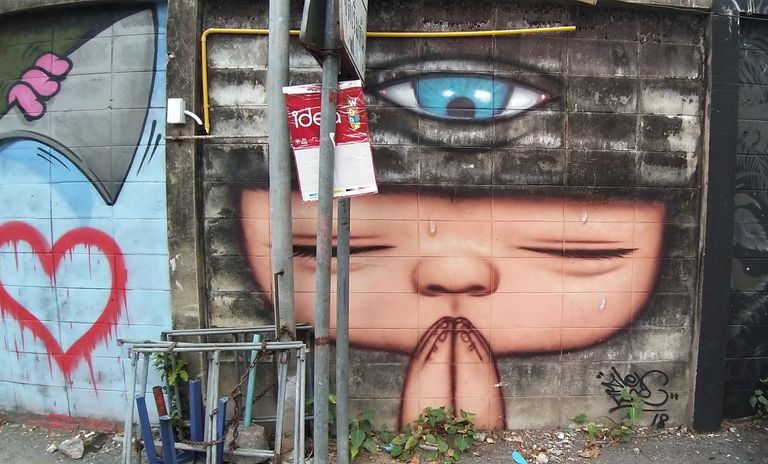
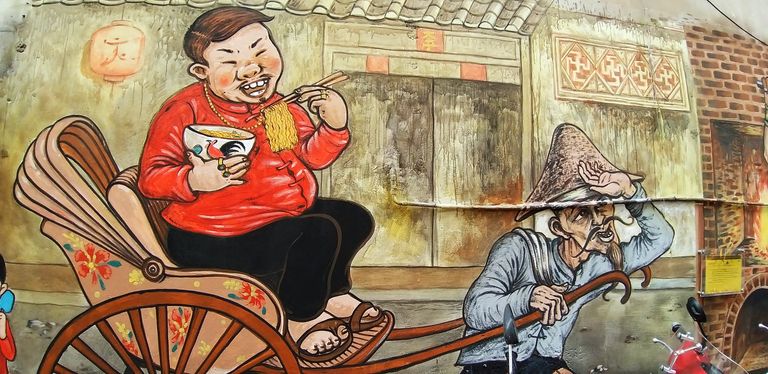
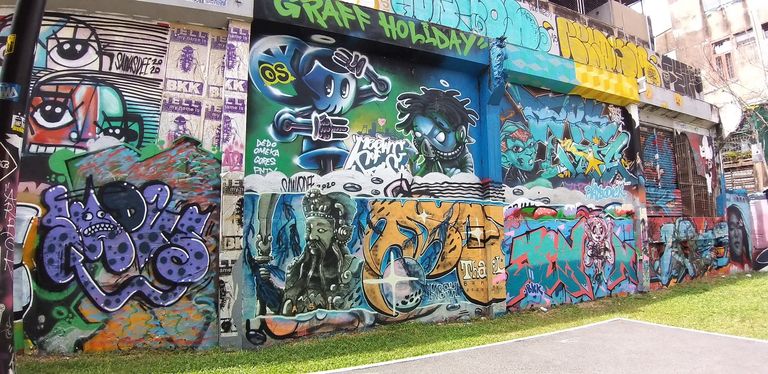
The Origins of Graffiti in Bangkok
Graffiti in Bangkok has its roots in the global street art movement that gained momentum in the late 20th century. Influenced by Western pop culture and hip-hop, graffiti first appeared in Bangkok as clandestine tags and rebellious statements sprayed on neglected walls. In its early stages, graffiti was largely seen as a nuisance, with many associating it with delinquency.
However, as globalization introduced Bangkok to international street art trends, graffiti began to transform from an underground rebellion into a recognized medium of artistic expression. The rise of the internet and social media played a significant role, connecting Thai graffiti artists with the global community and exposing locals to the potential of street art as a legitimate art form.
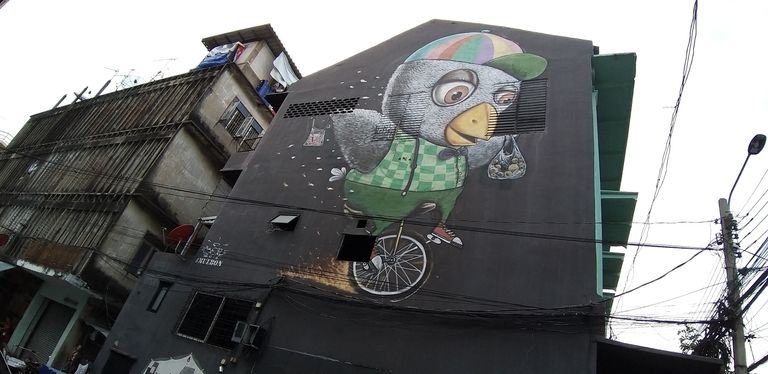
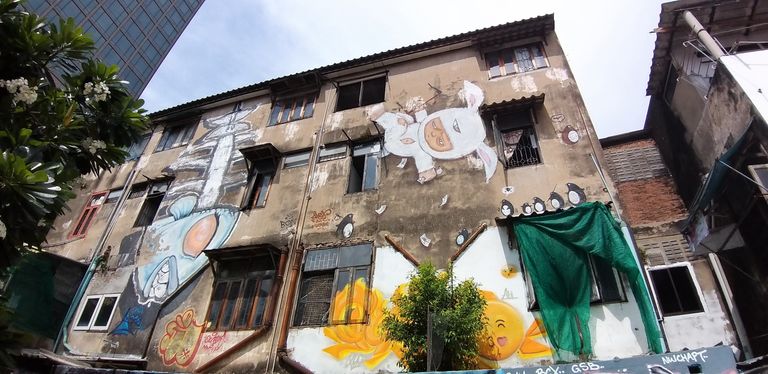
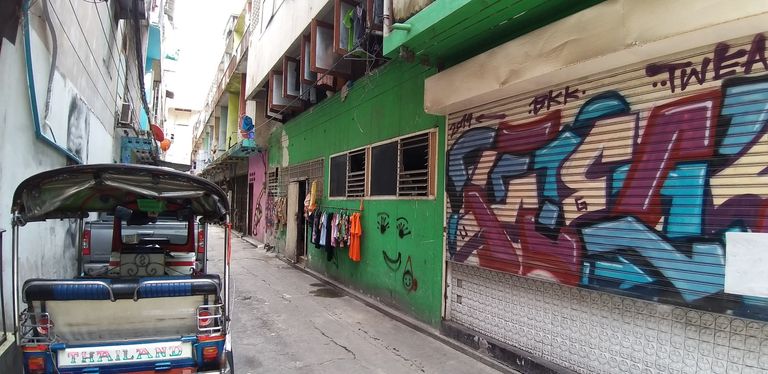
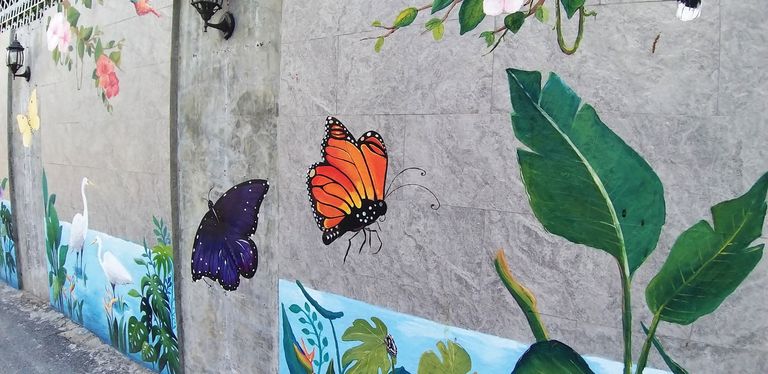
The Growth of Graffiti as an Art Form
In recent years, graffiti in Bangkok has shifted from alleyways to more prominent spaces, with artists gaining recognition for their talent and creativity. Several factors have contributed to this growth:
Public and Governmental Support
While graffiti was once strictly outlawed, there has been a growing acceptance of street art as a means of beautifying the city. Events like the Bangkok Art Biennale and organized street art festivals have encouraged graffiti artists to showcase their work in designated spaces. Local authorities have even partnered with artists to revitalize neglected neighborhoods, turning them into open-air galleries.
Influence of International Artists
Bangkok has become a magnet for international graffiti artists who collaborate with local talent, bringing fresh techniques and perspectives. These collaborations have elevated the standard of graffiti in the city and introduced diverse styles to Bangkok’s urban canvas.
Rise of Thai Artists
Homegrown artists like Alex Face, Bon, and Rukkit have become iconic figures in Bangkok’s street art scene. Their works, often featuring thought-provoking themes and distinct styles, have resonated with both locals and tourists, transforming graffiti into a celebrated form of cultural expression.
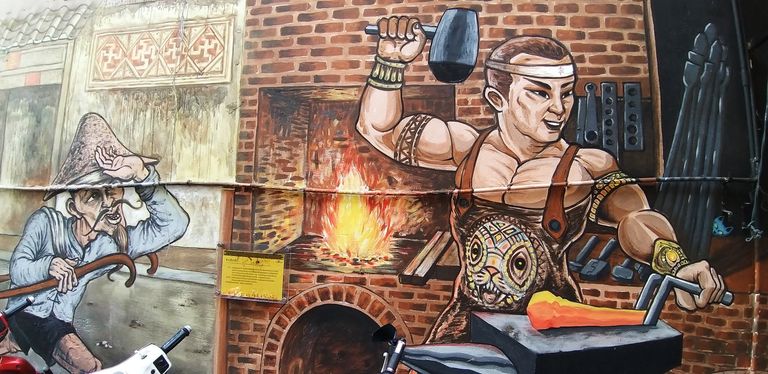
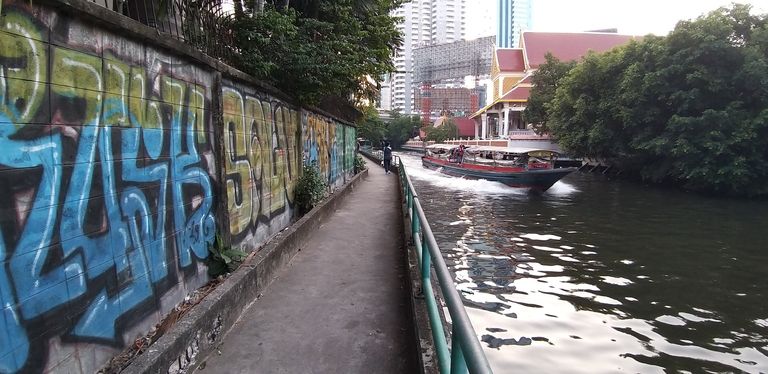
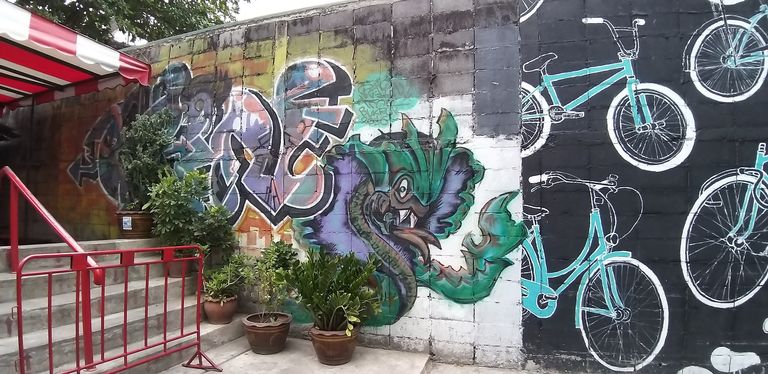
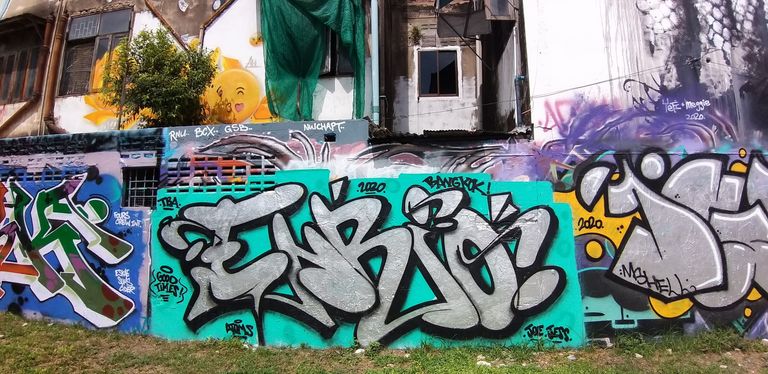
What Makes Graffiti in Bangkok Unique
Bangkok’s graffiti is distinctive in its blend of traditional Thai elements and modern techniques.
Cultural Influences: Many artists incorporate motifs from Thai mythology, Buddhism, and folklore, giving their work a local flavor that sets it apart from graffiti in other cities.
Social Commentary: Graffiti often serves as a mirror to society, addressing issues like politics, environmental concerns, and urbanization. These pieces offer a voice to the marginalized and spark conversations about pressing issues.
Vibrant Aesthetics: Bangkok’s graffiti is known for its bold colors and intricate designs, reflecting the city’s energetic spirit.
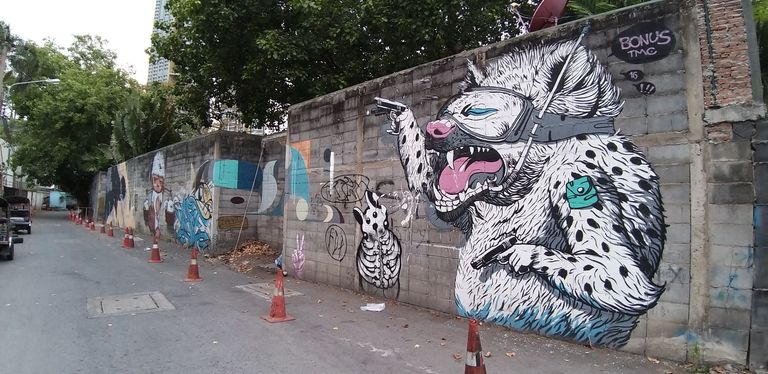
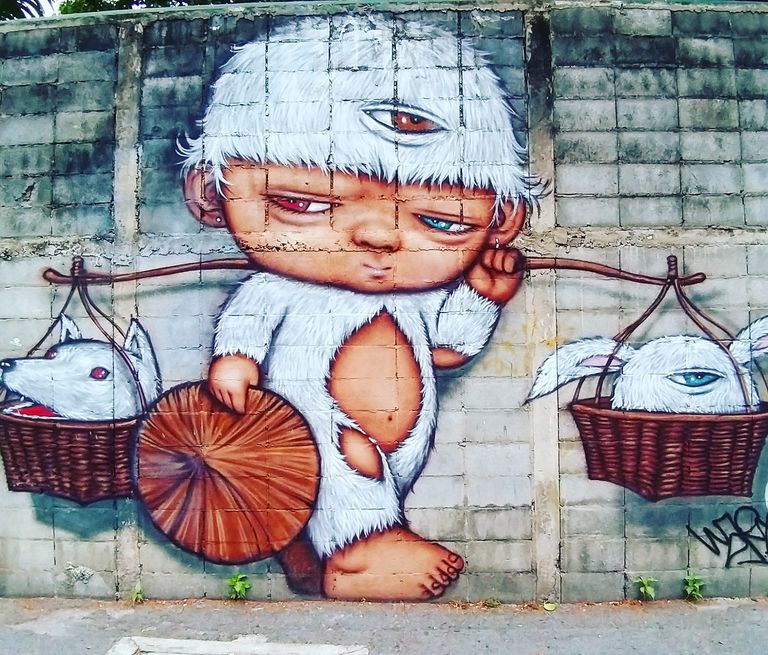
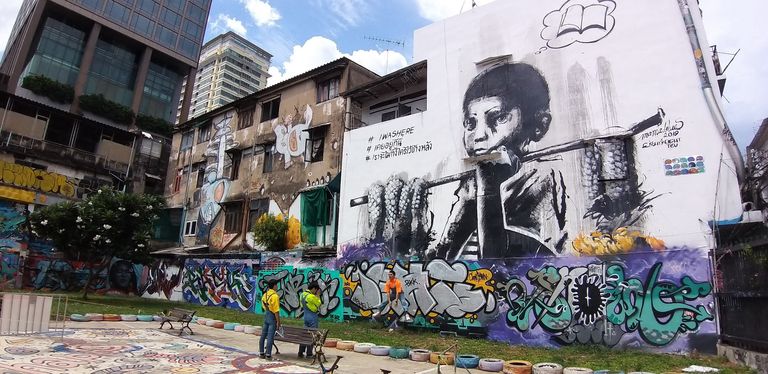
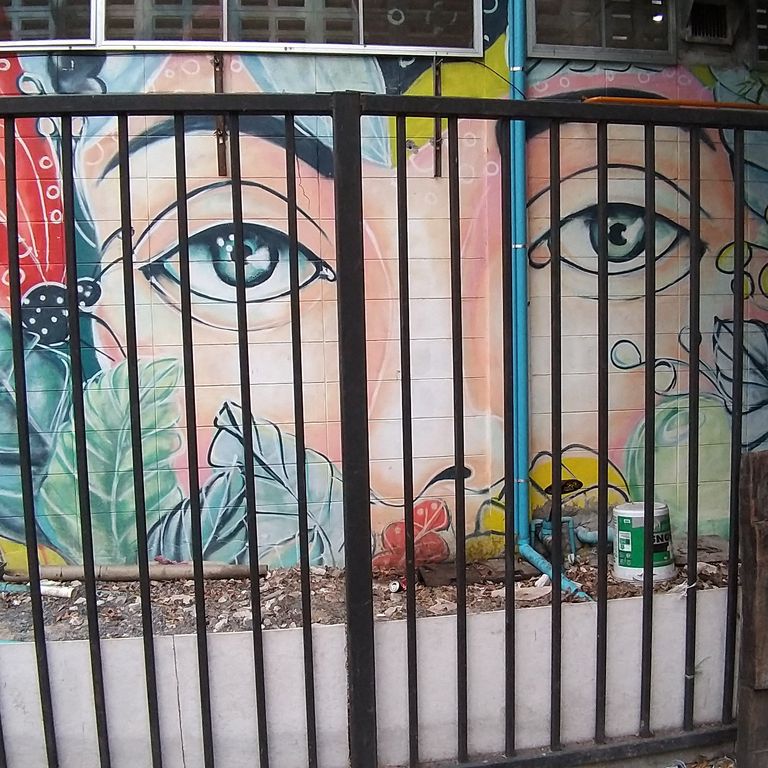
Where to Experience Bangkok’s Graffiti Scene
For those seeking to explore the city’s graffiti culture, several neighborhoods and hotspots showcase the best of Bangkok’s street art:
Ratchathewi District: Known for its iconic abandoned spaces turned into graffiti canvases, this area is a haven for street art enthusiasts.
Charoen Krung Road: One of Bangkok’s oldest roads, it has become a focal point for contemporary street art, blending the old and new.
The Bangkok Art and Culture Centre (BACC): While primarily an indoor gallery, the area around BACC often features outdoor graffiti murals as part of its exhibitions.
Siam Square: A bustling area where graffiti adds a splash of creativity to the urban shopping district.
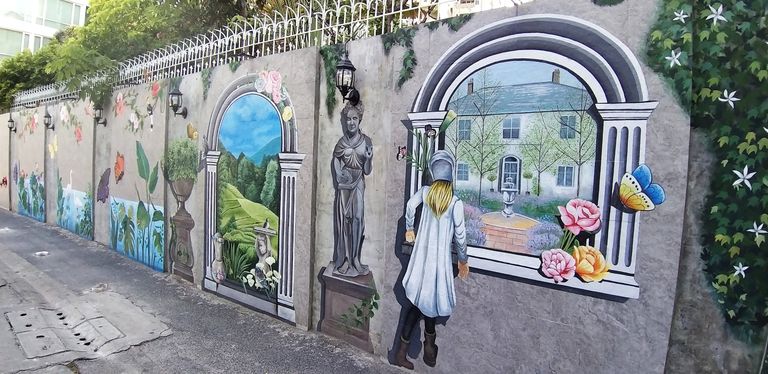
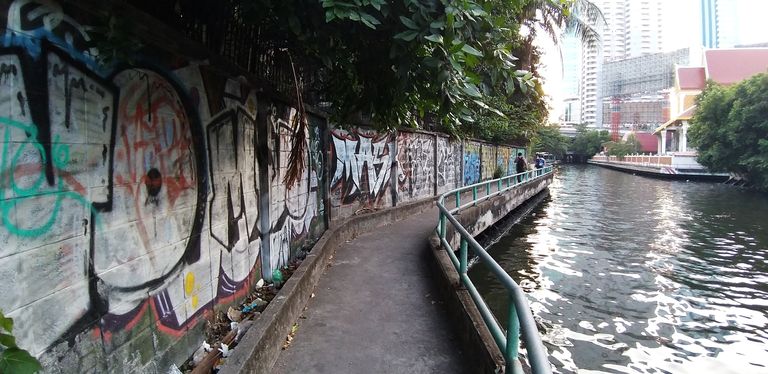
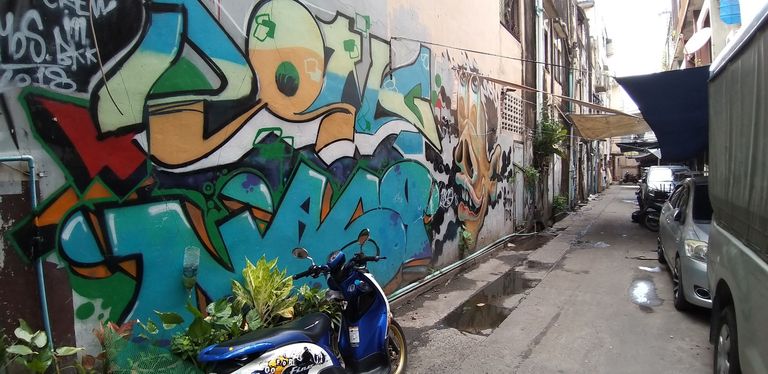
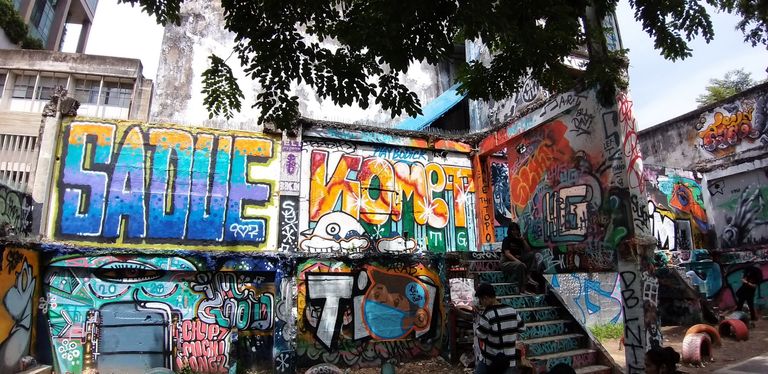
The Impact of Graffiti on Bangkok’s Culture
The growing acceptance of graffiti has had a profound impact on Bangkok’s cultural identity.
Artistic Freedom: Graffiti has provided a platform for self-expression, enabling artists to voice their thoughts and connect with the community.
Tourism: Vibrant murals and graffiti tours attract tourists, contributing to the city’s economy and reputation as a creative hub.
Urban Revitalization: What was once seen as vandalism is now celebrated as a tool for rejuvenating neglected spaces and fostering community pride.
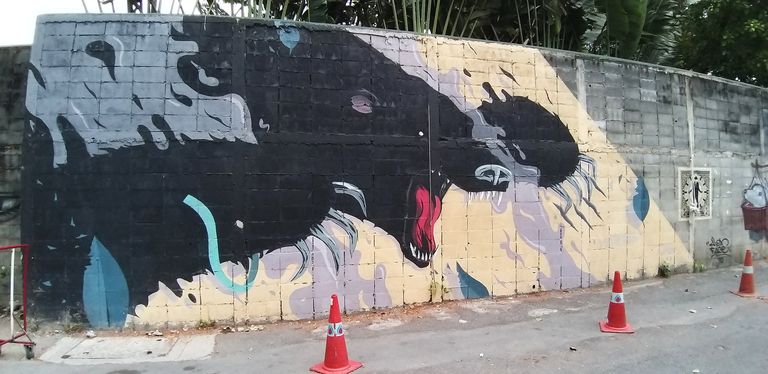
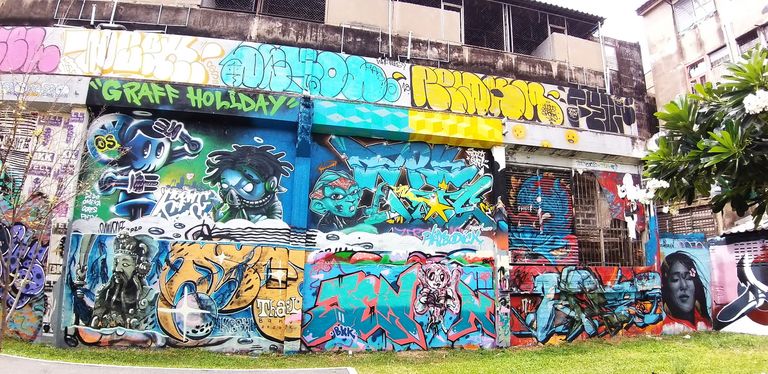
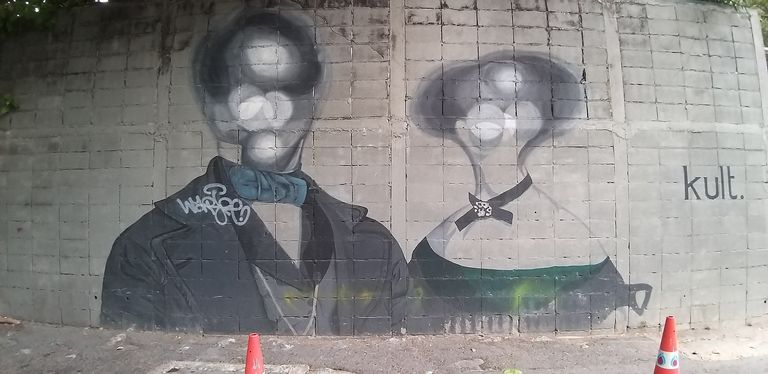
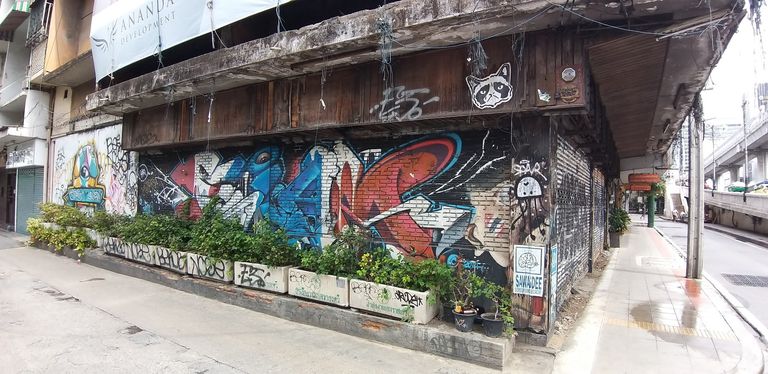
Challenges and the Path Forward
Despite its growth, Bangkok’s graffiti scene faces challenges. Some still view graffiti as vandalism, and the line between illegal tagging and legitimate art remains blurred. Striking a balance between creative freedom and respecting public spaces is crucial for the art form’s sustainable growth.
As Bangkok continues to embrace street art, fostering dialogue between artists, authorities, and the public will ensure that graffiti thrives as a symbol of the city’s dynamic culture.
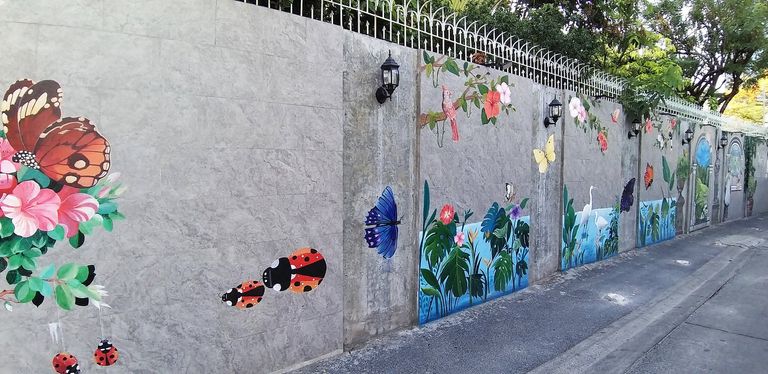
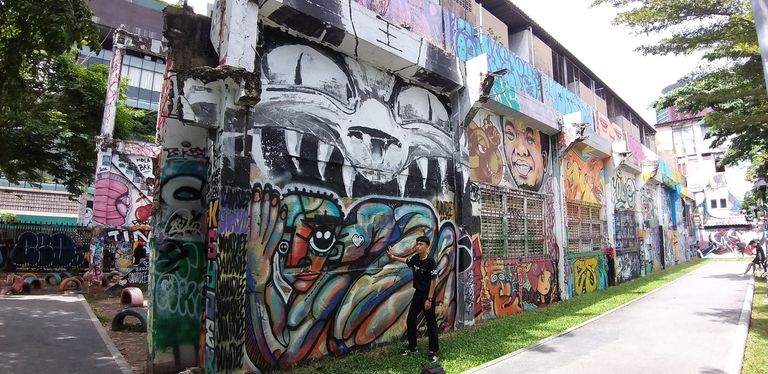
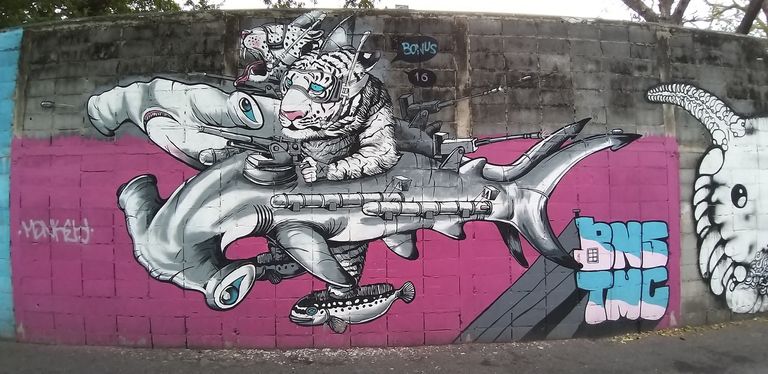
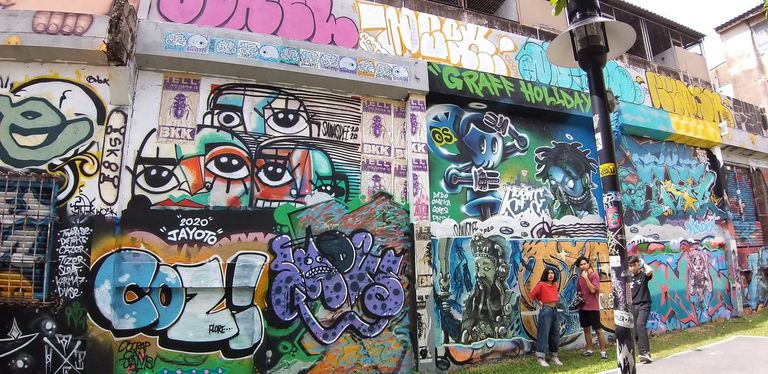
Conclusion
The graffiti of Bangkok is more than just paint on walls—it is a vibrant expression of the city’s soul. From its rebellious beginnings to its current status as a celebrated art form, graffiti has become an integral part of Bangkok’s identity. For locals and visitors alike, exploring the city’s graffiti scene offers a unique way to experience its creativity, culture, and the ever-evolving beauty of its urban landscape.
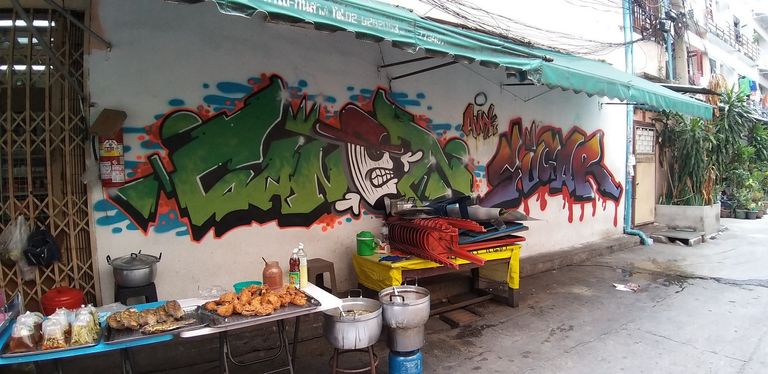
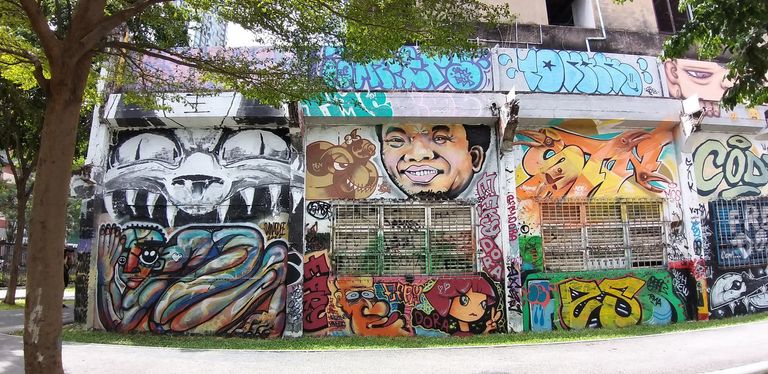
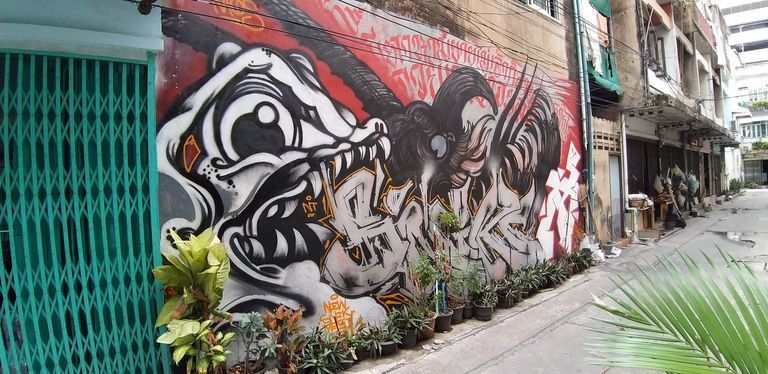
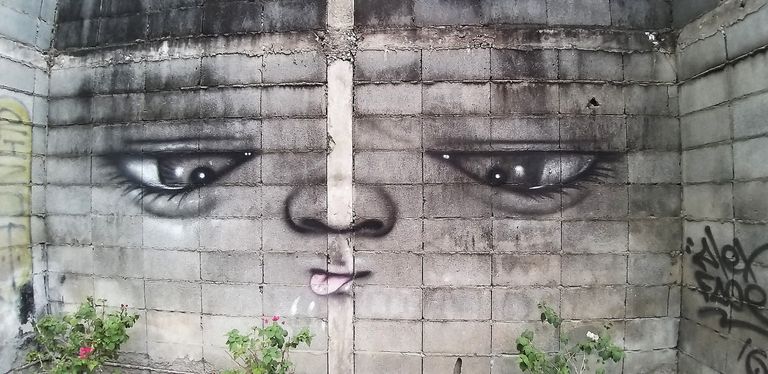

The evolution of so-called Street Art has gone hand in hand with the occupation of abandoned public spaces. There are real works of art and graffiti artists have stopped being persecuted in many places and are now considered "street artists."
If you haven't seen it, I recommend the film Basquiat, dedicated to the artist of the same name.
I will put Basquiat on my watchlist thanks for that 👍
Exit Through the Gift Shop - Documentary is a classic too